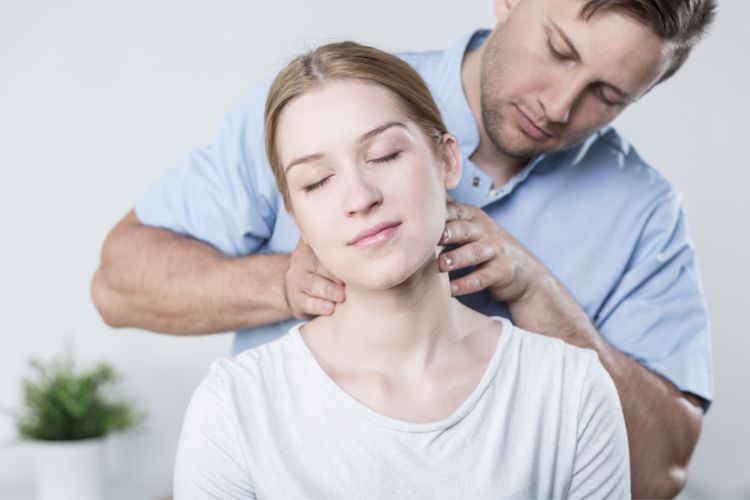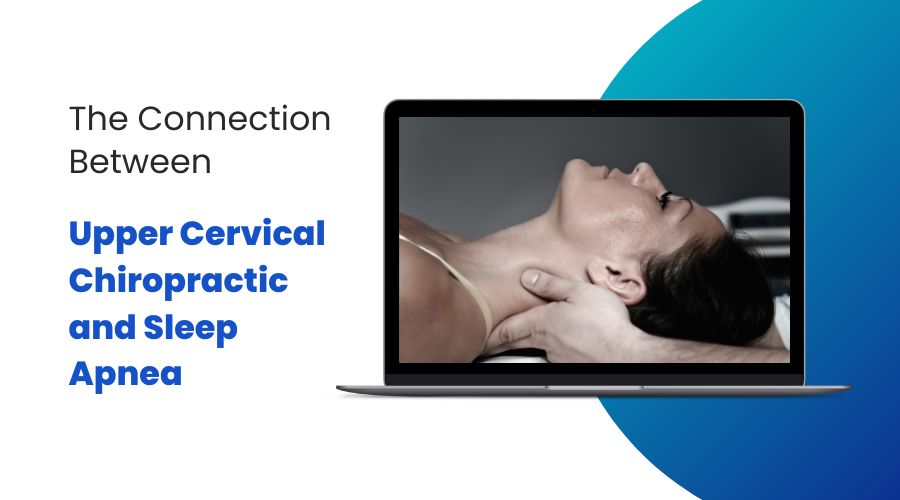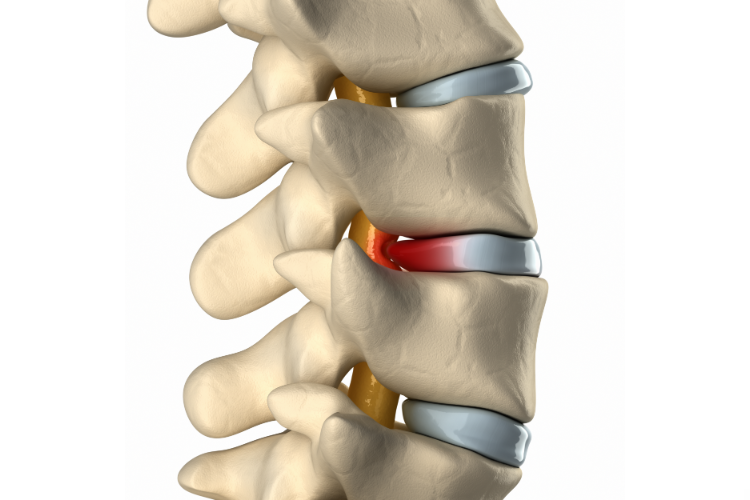Sleep apnea is a condition that affects millions of people worldwide. It is a sleep disorder where breathing repeatedly stops and starts during sleep. This can lead to loud snoring, feeling tired during the day, and other symptoms.
While there are many treatments available, upper cervical chiropractic care is becoming increasingly popular as an effective way to manage sleep apnea.
The Upper Cervical Spine and Sleep Apnea
The upper cervical spine is located at the base of the skull and consists of the first two vertebrae of the spine. These vertebrae are responsible for supporting the weight of the head and allowing it to move in all directions.
When the upper cervical spine is misaligned, it can put pressure on the nerves that control breathing, leading to sleep apnea.
Upper Cervical Chiropractic Care for Sleep Apnea

Upper cervical chiropractic care involves the gentle adjustment of the upper cervical spine to correct misalignments. This can help to relieve pressure on the nerves that control breathing and improve the function of the respiratory system.
Studies have shown that upper cervical chiropractic care can be an effective treatment for sleep apnea. One study found that patients who received upper cervical chiropractic care reported a reduction in the frequency and severity of their sleep apnea symptoms.
Dos and Don’ts of Choosing an Upper Cervical Chiropractor for Sleep Apnea
When choosing an upper cervical chiropractor for sleep apnea, it’s important to consider a few factors. Here are some dos and don’ts to keep in mind:
Do:
Choose an upper cervical chiropractor who is licensed and experienced in treating sleep apnea.
Look for an upper cervical chiropractor who has a good reputation and positive reviews from other patients.
Ask questions about their treatment approach and make sure you feel comfortable with their methods.
Don’t:
Choose an upper cervical chiropractor based solely on price.
Assume that all upper cervical chiropractors are the same. Each practitioner may have a slightly different approach to treatment.
Contact Us for Upper Cervical Chiropractic Care for Sleep Apnea
At Precision Spinal Care in Chelsea, Michigan, we offer upper cervical chiropractic care for sleep apnea. We use a gentle approach to correct misalignments in the upper cervical spine, helping to relieve pressure on the nerves that control breathing.
We are proud to serve residents of Chelsea, Dexter, Grass Lake, Ann Arbor, Gregory, Pinckney, Manchester, Munith, Bridgewater, Whitmore Lake, Lakeland, Norvell, Hamburg, and Stockbridge.
If you are struggling with sleep apnea and would like to explore non-invasive treatment options, contact us today to schedule a consultation with one of our upper cervical chiropractors.
Our team is dedicated to helping you achieve optimal health and wellness.




